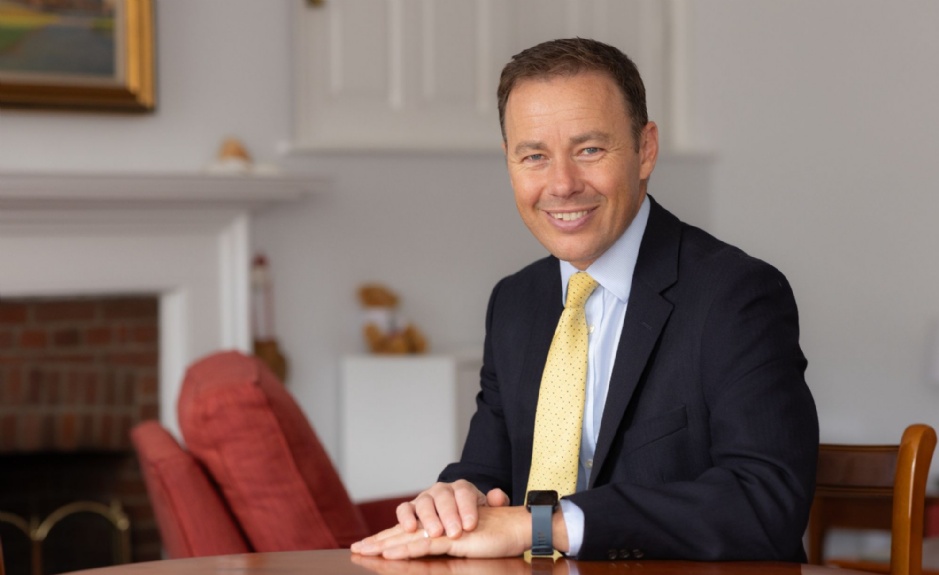'It takes a village to raise a child'.

On Wednesday, I took the short walk down to the church of The Hospital of St Cross...
to represent the school at a memorial service for the lovely Margot Meredith. Margot, who passed away aged 97, retired as Head of Science at Pilgrims’ in 1989 – two years into my time as a pupil – after a remarkable 20 years’ service. We may have only crossed by two of those, and when I was only in Years 4 and 5, but I remembered Margot well: a petite, immaculately turned-out and caring teacher with a kind smile and charming, twinkling eyes. What I found out for the first time at the service was that when Margot started in post, she was in the midst of raising a family of six children. (How she managed that as well as being a Head of Department at somewhere as busy as Pilgrims’, goodness only knows!)
It was perhaps unsurprising, therefore, that at the service, amidst her children, grandchildren and great grandchildren, the overwhelming sense one got through all the fond memories and stories was one of connection: that among all her relations and her friends what shone out were Margot’s relationships. The sense of long-maintained community ties was also evident by the number of her ex-colleagues from Pilgrims’ who came, an incredible 35 years later. There were at least seven who knew me as a boy. One of them I hadn’t seen since 1991 and I recognised straight away. At the end of the service, she took my hand and congratulated me on becoming the headmaster, as if I was the 12-year-old who had just been made a prefect. It was a lovely moment.
To my point… truism that it is for such an occasion, it was an hour that epitomised the importance and the legacy of human connection.
Cut to yesterday evening, as I read a BBC article Mr Duncan had recommended regarding the current and ongoing mental health crisis identified among children and young people today. The piece addressed the fact that official statistics now suggest one in five of those aged 8 to 25 are thought to have a mental health disorder, and the question of whether greater awareness of the issues had inadvertently led to an over-pathologising of distress in the young. (Within the statistics was the alarming NHS conclusion that, last year, one in three 17-19-year-old girls probably had a mental health disorder.) What was certainly true was that the testimonies of those interviewed who were now in their twenties pointed to the isolating and often anxiety-inducing effects of social media. (Do you know, I do wish society could switch out the ‘social’ part of that.) One such commentator likened aiming to maintain resilience in the face of social media to trying to apply a plaster to a gaping wound.
Nevertheless, developing greater resilience is something many experts advocate. On bringing its focus onto the word, the article makes the important point that a large part of building resilience ‘is about the backing [children and young people] receive from friends, family and community too, whether through community centres, sporting opportunities and social events.’ It concludes that perhaps the question is less whether children and young people are resilient enough and more whether they can access sufficient support to be so.
The backing of friends, family and community is what was so very evident at Margot’s memorial. It is what we need to be evident in all our children’s lives. And it is notable that it’s not just about us as parents; it’s about that network well beyond us. The key to human flourishing is beautifully explained in the old adage: ‘It takes a village to raise a child.’ By helping our children understand that that ‘village’ is an in-person, living matrix of human relationships around them – not online – we help them understand why it is so important to make relationship opportunities a priority. Pilgrims’ does seem to be one of those communities where the supportive relationships grow deep and last long. I trust that will prove true for all of you.
Tim Butcher
Headmaster








